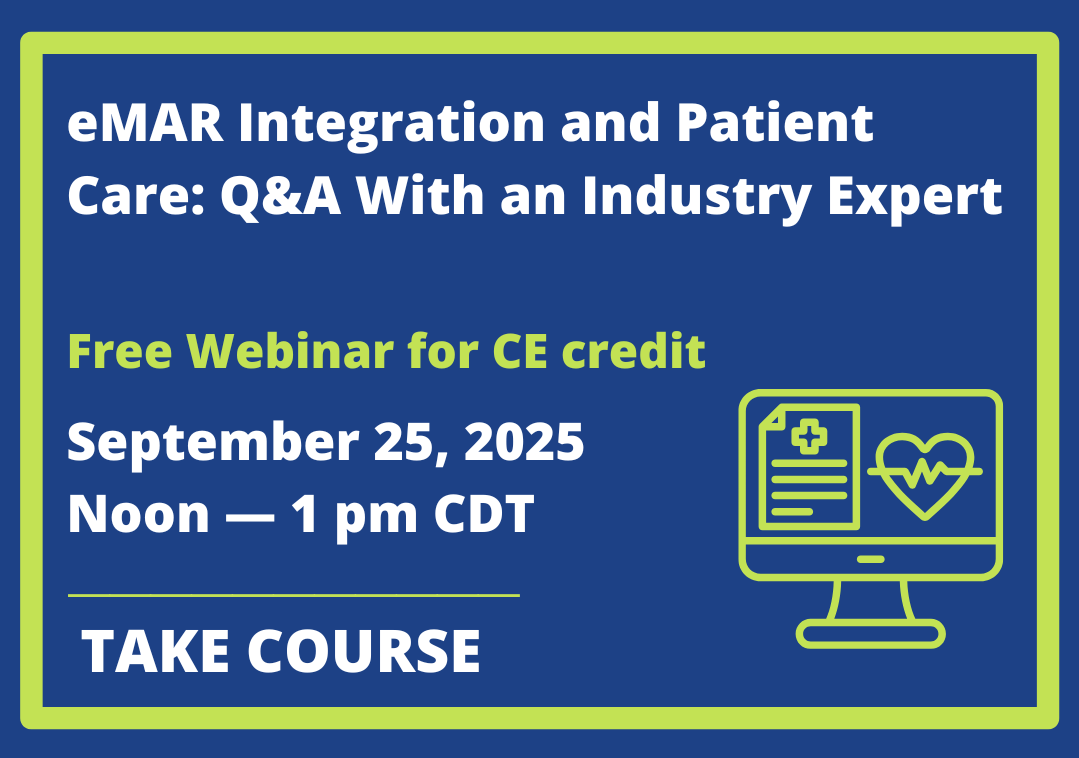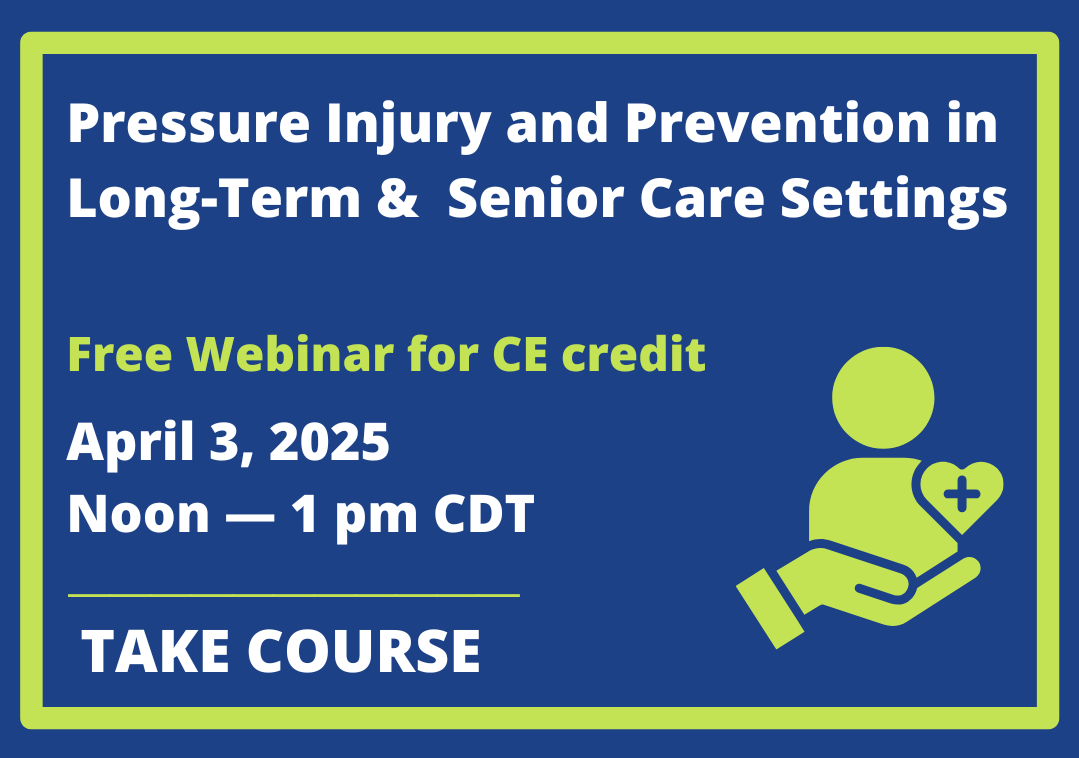Dana Saffel, PharmD, DPh, CGP, FASCP, is President and CEO of PharmaCare Strategies, Inc., a market development firm that specializes in assisting pharmaceutical manufacturers and pharmacy providers in positioning key products in specialty channels such as long-term care, managed care, Medicaid/Medicare and hospital markets. As a part of this role, Dr. Saffel provides market development consulting on contracting
strategies, pull-through initiatives, advertising, and product placement to compliment both existing products as well as potential products in development.
Additionally, Dr. Saffel moderates industry-related advisory boards, and provides educational programming to healthcare professionals. Dr. Saffel is a frequently lecturer at both national and regional meetings on geriatric disease management and health care policy including Medicaid and Medicare. Prior to starting PharmaCare Strategies, Dr. Saffel was Vice President of United Pharmacy Services, a long-term care pharmacy serving over 12,000 NF, ALF, correctional and developmentally disabled residents throughout Georgia, North Carolina, and South Carolina. S
Dr. Saffel was among the first group to successfully complete Certification in Geriatric Pharmacy. Dr. Saffel is active in many areas of senior-focused professional organizations such as ASCP, AMDA, and AGS. At ASCP she has served on the Public Affairs Council and Government Affairs Council and the Board of Directors of ASCP’s Research and Education Foundation and is a past member of the Board of Commissioners for Certification in Geriatric Pharmacy. She is also active in the Florida Pharmacy Association and is a past-president of the Florida Chapter of ASCP.





